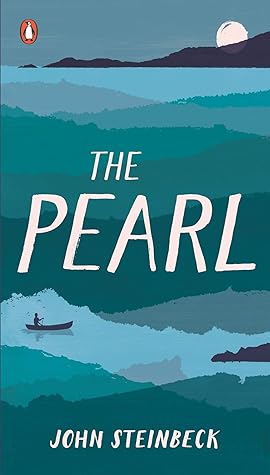More on this book
Community
Kindle Notes & Highlights
The Grapes of Wrath won the Pulitzer Prize for fiction in 1940. And it was quickly made into a film starring Henry Fonda as Tom Joad, a film that many viewers found objectionable (it was the first American-made movie to show a pregnant woman on camera, for example; and it was assuredly and consistently about poor people, those whose lifestyles were so primitive that Americans with enough money for movie tickets did not like to be reminded that fellow citizens lived this way).
He wrote, ironically, that these characters’ good points—“kindness and generosity, openness, honesty, understanding and feeling”—were the traits most likely to lead to failure in the dog-eat-dog capitalistic system.
In contrast to that bleak, chaotic time, he had one of his most idyllic periods when, in the spring of 1940, he sailed with Ed Ricketts, his friend and partner in a small biological laboratory, from Monterey up the west shore of the Gulf of California to Angeles Bay and then across to Puerto San Carlos east and south to Agiabampo Estuary.
Like the unreasonable persecution of the Okies, this turn against people of Mexican background puzzled and angered Steinbeck.
His wife speaks wisely throughout the narrative when she tells him repeatedly that the pearl is evil and would destroy them, but it remains for Kino to learn to live with tragedy before he can hear her.
And this was part of the family song too. It was all part. Sometimes it rose to an aching chord that caught the throat, saying this is safety, this is warmth, this is the Whole.
His eyes rested in puffy little hammocks of flesh and his mouth drooped with discontent.


